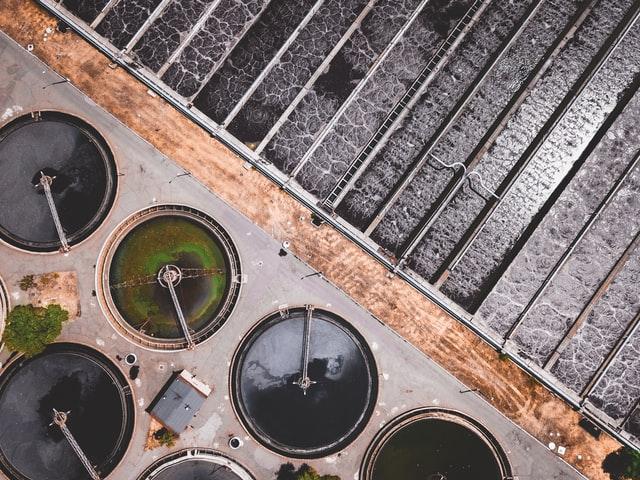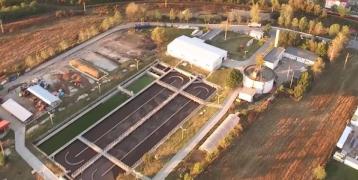Sustainable water management in the circular economy
EU policy on water issues has been particularly fervent in recent times. New EU rules on water reuse and initiatives will provide excellent conditions for instilling more sustainability and circularity into the water management sector in the near future.
In parallel, EU co-financing under the new Multiannual Financial Framework as well as the resources of the Recovery and Resilience Facility could well be used by regions for stepping up their efforts on sustainable water management through the implementation of targeted projects. Regions can in fact play a decisive role in counteracting most of the worrying trends on water portrayed by the European Environmental Agency.
This would encompass taking action on agriculture, which in 2017 was responsible for 59% of total water use in Europe, and helping reverse the decrease in the availability of renewable freshwater resources per capita, which has been steadily decreasing since 1990, due to high rates of total water abstraction from rivers (64%) and groundwater (24%) as well as to climate change.
To be increasingly sustainable and become a pillar in the shift towards a circular economy, water management needs to improve significantly in all sectors. This is crucial for guaranteeing full compliance with relevant EU water legislation and for preserving freshwater resources in the long term.
The present policy brief aims at offering inspiring good practices and solutions to some of the main challenges policymakers and stakeholders are currently facing in the field of water management.
To know more about how regions can step up their efforts on sustainable water management, explore the policy brief on sustainable water management in the circular economy.
Policy brief on sustainable water management in the circular economy
Policy brief on sustainable water management in the circular economy




